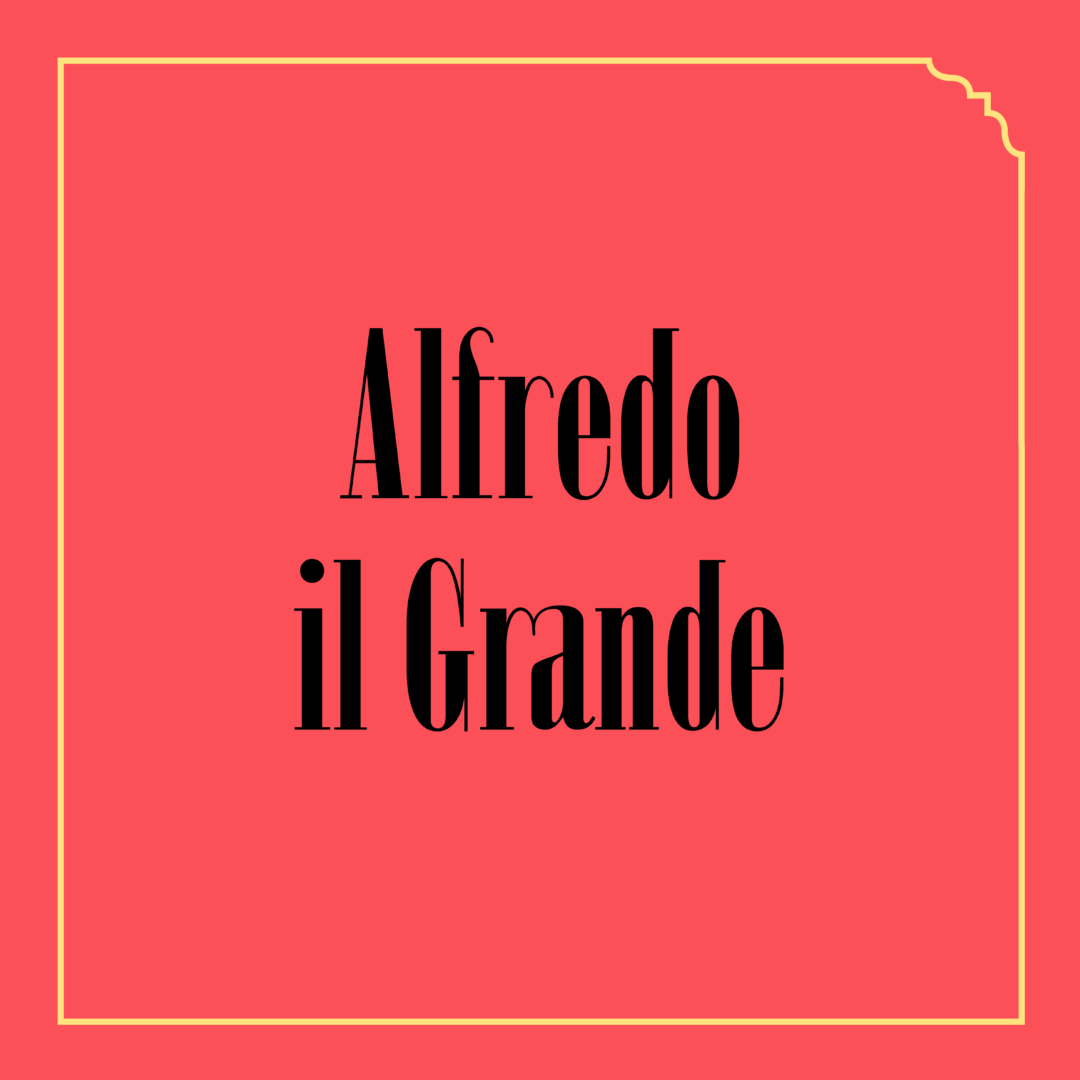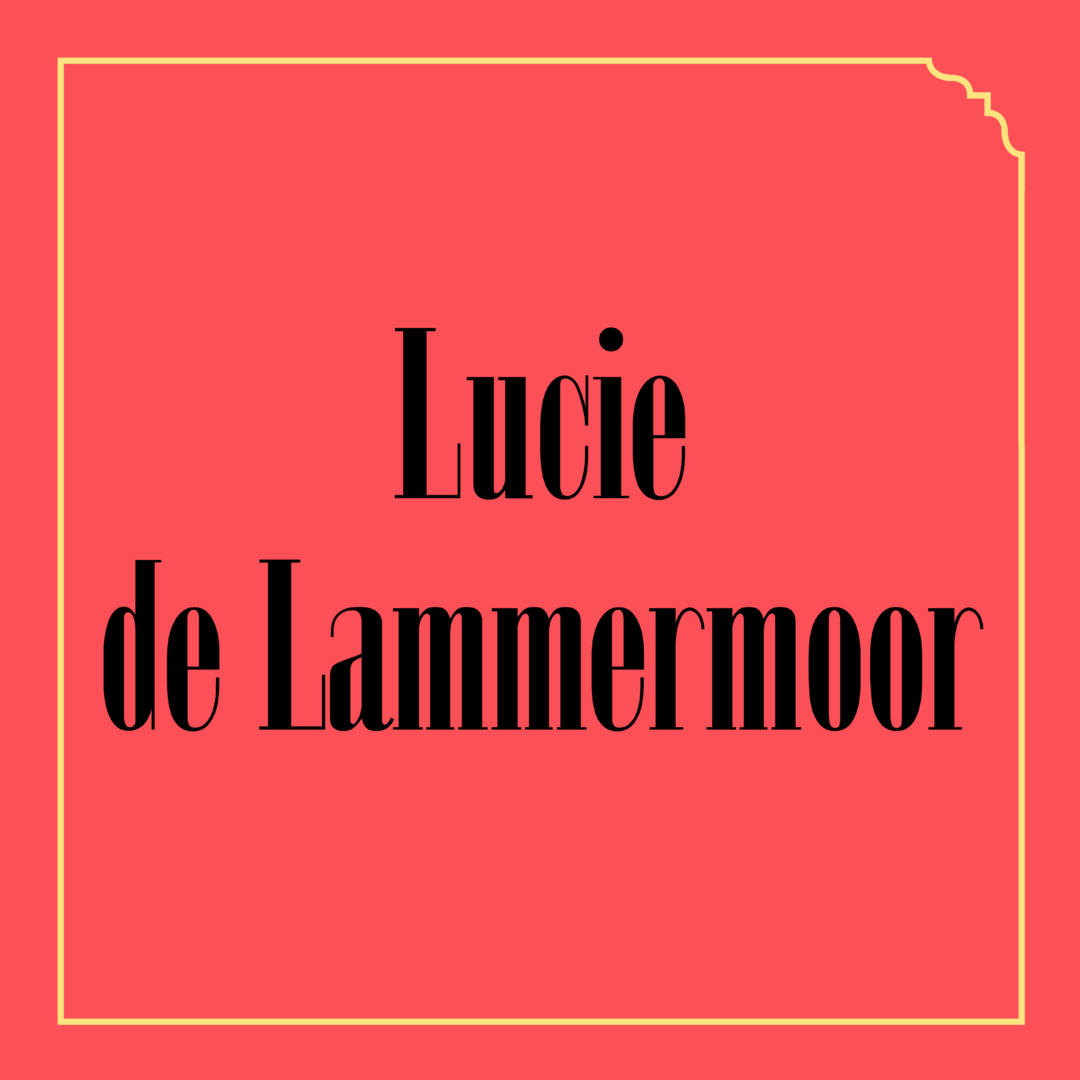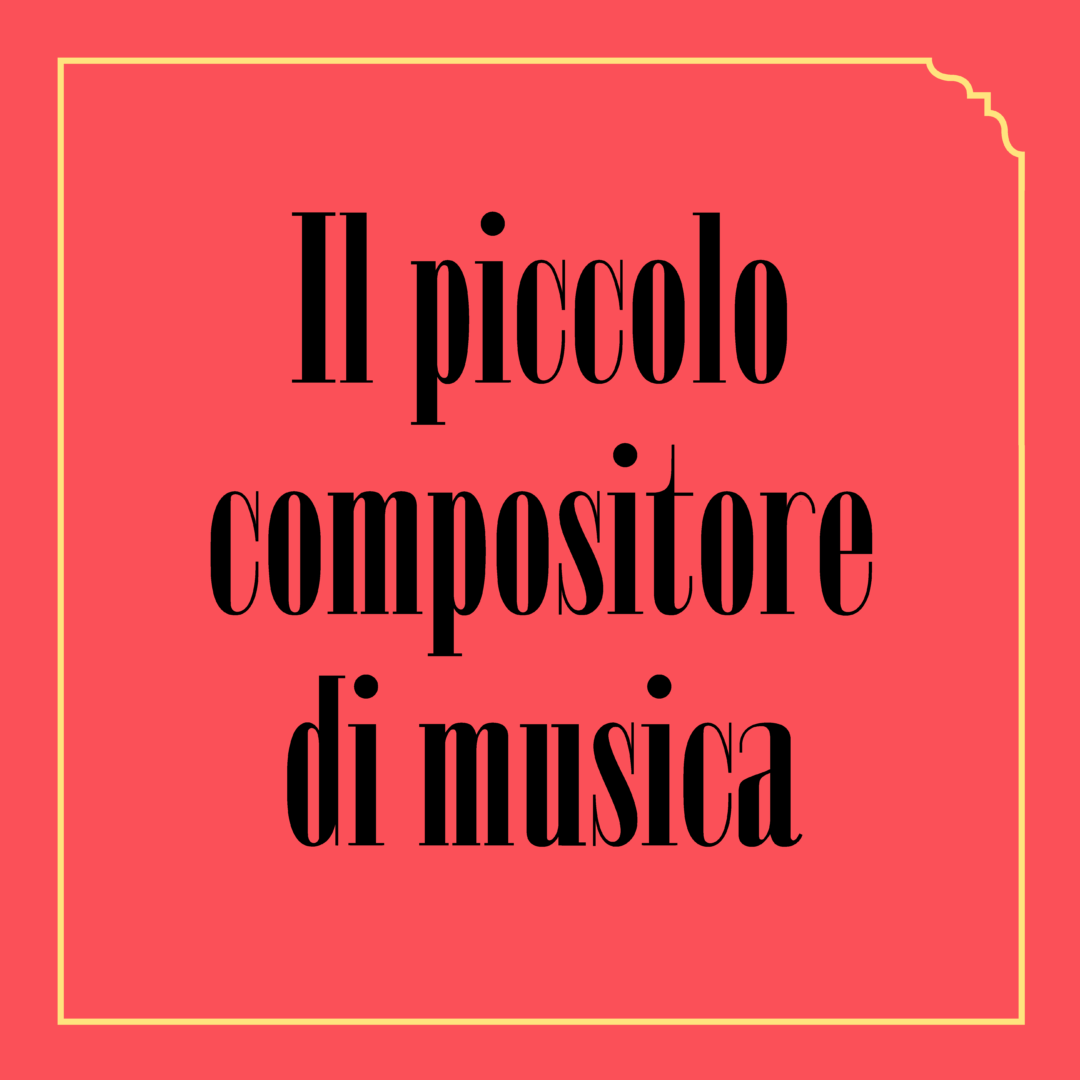DONIZETTI OPERA
The program for the 2025 edition will be online soon.

The performance, which will take place in an unconventional city venue, with space for conviviality and the audience an integral part of the action. LU OpeRave is a development of Mixopera vol. 1 and vol . 2, electronic EPs inspired by Donizetti’s music with the participation of a number of musicians gathered around the Fluidostudio label and released in late 2021 and these weeks of November 2022 on all streaming platforms (Spotify, iTunes, Amazon Music, YouTube Music). Artists involved in this creation include some of the performers featured in the EPs such as Protopapa, ilromantic, H.E.R. The libretto is by Love Maniacs. Direction and choreography are by Mattia Agatiello, who brings his Fattoria Vittadini to the stage.
First opera title at the Donizetti Theater on Nov. 17 and 25 and Dec. 3, will be The Universal Deluge (Naples, 1830) tragic-sacred action scheduled following the new critical edition edited by Edoardo Cavalli perla Fondazione Teatro Donizetti. The direction will be by Riccardo Frizza, the show will be signed by Masbedo, an artistic duo formed by Nicolò Massazza and Iacopo Bedogni, known for the creativity of their multidisciplinary productions between theater, art, video, cinema. This new production, in collaboration with Bergamo’s GAMEC, is linked to the initiatives of the “Bergamo Brescia Capitale della Cultura” program because the subject matter allows for a reflection on the climatic upheavals of our time.
A fundamental title of Donizetti’s Neapolitan period, the opera belongs to the so-called “Lenten” sub-genre, to which, for example, a decade earlier Rossini had contributed with Mosè in Egitto: biblical topics, suitable for the Lenten season, and yet made less severe by adding some profane plot. Compared to Rossini, Donizetti focuses less on the choral dimension, preferring the affairs of Individuals to those of Peoples.
For the #donizetti200 cycle, with which the festival presents a Donizetti title that turns two centuries old, it will be the turn of the heroic drama Alfredo the Great (Naples, 1823) at the Donizetti Theater on Nov. 19 and 24, with a new edition checked on the opera’s sources, again edited by Edoardo Cavalli. It is part of that group of operas in which Donizetti experimented and refined his compositional means by measuring them against various operatic genres. Alfredo follows less than a year after the staging of Chiara e Serafina, but it is oriented on a subject of a historical nature (from Chiara e Serafina, however, a section of Finale I will migrate into Alfredo il Grande ).
The libretto is by Andrea Leone Tottola, already Rossini’s ‘theatrical poet’ (also for Mosé in Egitto). Alfredo il Grande will be presented in semi-staged form, with direction by Stefano Simone Pintor; the conductor will be Corrado Rovaris from Bergamo, a recurring musician in the festival’s programming.
Third title, at the Social Theater on Nov. 18 and 26 and then on Dec. 1, Lucie de Lammermoor which debuted at the Théâtre de la Renaissance in Paris in 1839 and was received with such acclaim that it offered Donizetti a commission for two new operas for that theater, the first of which was to be L’Ange de Nisida. For the French translation of Lucia di Lammermoor – then already famous in Paris – Donizetti intervened on the pre-existing score by altering the recitatives, excluding Alisa’s secondary character, eliminating Raimondo’s aria “Ah! Cedi, cedi, o più sciagure” in Act II as well as his interventions in Enrico’s cavatina “Cruda, funesta smania” in Act I, and postponing one scene. He also replaced Lucia’s cavatina, “Regnava nel silenzio,” with “Que n’avons nous desailes,” a translation of “Perché non ho del vento,” from his Rosmonda d’Inghilterra (1834). The writing of Lucie ‘s libretto was entrusted to Alphonse Royer and Gustave Vaëz, who only in a few passages deviated from a literal translation of Cammarano’s Italian text, presumably with the intention of making it more suitable for French stages. The opera will be staged by Jacopo Spirei, pupil and assistant of the late Graham Vick and today one of the most sought-after Italian opera directors; on the podium is the young Frenchman Pierre Dumoussaud in his Italian debut, after several successes and awards at competitions and recordings.
Fifth performance of the festival Il piccolo compositore di musica., Saturday, Dec. 2, at the Donizetti Theater. Scenic action in two acts by Giovanni Simone Mayr was staged on September 13, 1811 as the final essay in the Charitable Lessons. As with other essays, Mayr adopts the model of the eighteenth-century metamelodrama, in which a singing company is represented in the act of putting on a show, and he stages the students of the Charitable Lessons themselves-including the young Gaetano-who play themselves as they grapple with the staging of the final essay. In Piccolo compositore di musica, Donizetti serves as the protagonist, ironically presented as a young aspiring composer convinced of his own talent (famous are the lines, “Vasta ho la mente, rapido l’ingegno | pronta la fantasia, e nel comporre | un fulmine son io”). Despite the comic tone, the promotional intent of Mayr, who truly believes in the abilities of his young pupil, appears clear. Donizetti is joined by four companions of the Charitable Lessons, as themselves: Antonio Dolci, Giuseppe Manghenoni, Giuseppe Pontiroli, and Antonio Tavecchi. Musically, the opera alternates between original sections (such as the Introduction) and pre-existing excerpts from works also by other famous contemporary composers. The staging will be supervised by Francesco Micheli with students from the Bottega Donizetti as part of a project involving several Bergamo educational institutions.
COVID-19 STOPS SUBSCRIPTION THEATER SEASON
As a result of the continuing health emergency caused by the spread of Covid-19, which currently calls for the closure of performance venues to the public, and the uncertainty of when the theaters may reopen, the Donizetti Theater Foundation is forced to reschedule its 2020/2021 Theater Season programs and consequently cancel the related season ticket campaign.
With subscriptions for the 2020/2021 Season suspended, the subscription campaign will resume in the following Season, 2021/2022, keeping the subscriptions from the last Season staged valid.
The Foundation is already working to think about new programming that will not include season tickets, but only the sale of individual tickets for each of the dates on the calendar, will be presented as soon as the situation allows for planning in serenity and in full compliance with current health protocols.
Web TV dedicated to Gaetano Donizetti is born!
Donizetti Opera 2020 festival operas,
interviews with the protagonists and lots of special content
available live and on demand
GO TO WEB TV
With the support of




Main partner
Special thanks to
UBI Banca Intesa Sanpaolo Group
which supports the activities of the Foundation
Teatro Donizetti with Art Bonus
We thank

Contributed by.

In collaboration with



Technical sponsor

Media partners
Special thanks to the Donizetti Ambassadors who, with Art Bonus, support the activities of the Donizetti Opera festival:
Alfaparf Group S.p.A. – Ambrosini Holding srl – Assolari Luigi & C. S.p.A. – Automha S.p.A. – Beltrami Linen s.r.l. – Calvi Holding S.p.A. – Caseificio Defendi Luigi S.r.l. – Cividini Ing. and Co. S.r.l. – FraMar S.p.A – Granulati Zandobbio S.p.A – Gripple S.r.l. – ICRO Didonè spa – Intertrasport S.p.A. – Lovato Electric S.p.A. – LVF S.p.A. – MC events srl – Montello S.p.A. – Neodecortech S.p.A. – OMB Valves S.p.A. – F.lli Pellegrini S.p.A. – Persico S.p.A. – PM Plastic Materials – Punto Azzurro S.r.l. – Sinergia srl – Sistel srl – Stucchi S.p.A. – Tenaris – Dalmine
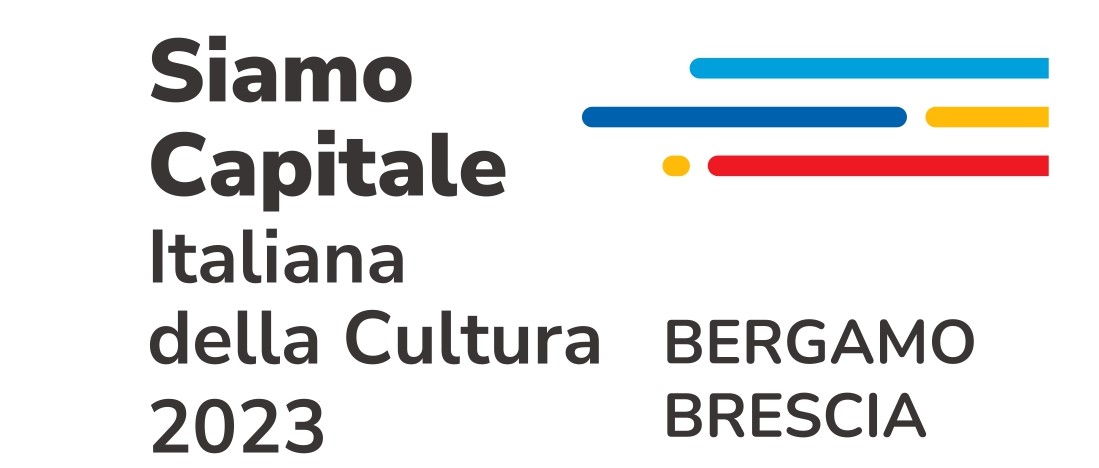
Institutional Partners




Main partner
With the support of

Contributed by.




Sponsors

Technical sponsors
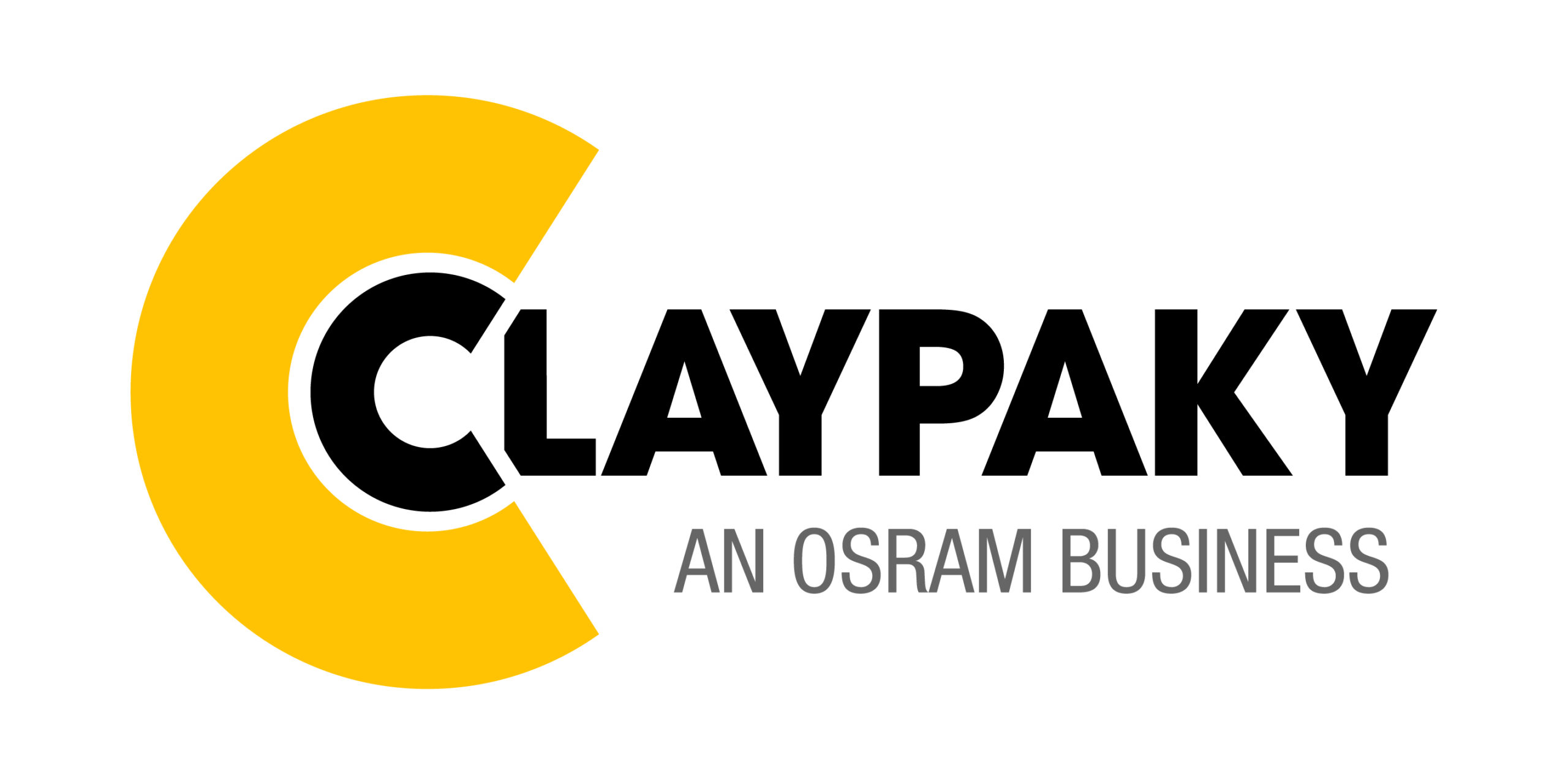

In collaboration with

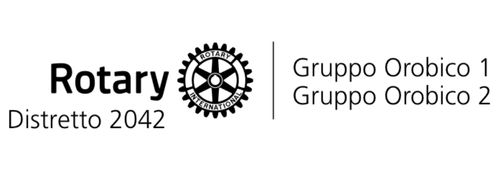
Special thanks to the Donizetti Ambassadors who, with Art Bonus, support the activities of the Donizetti Opera festival:
Alfaparf Group – Allegrini – ANCE Associazione Nazionale Costruttori Edili Bergamo – Assolari Luigi & C. – Automha – Beltrami Linen – Calfin – Caseificio Defendi Luigi – Dalmine – Diachem – FraMar – Immobiliare della Fiera – Intertrasport – Iterchimica – Lovato Electric – LVF Valve Solutions – MAP – Montello – Neodecortech – OMB Valves – F.lli Pellegrini – Persico – Qintesi – Sabo – Sistel – Stucchi – Vanoncini
Special thanks to all those who support the activities of the Fondazione Teatro Donizetti (artbonus.gov.it)
APRICA | AUTOMHA | BREMBOMATIC | CRS IMPIANTI | CX CENTAX | EFFEGI | FECS | FERRETTICASA | FLOW METER | AMBROSINI FOOD GROUP | RULMECA GROUP | ARTIFONI ROAD CONSTRUCTION COMPANY | IRE OMBA | LEVORATO | LOVATO ELECTRIC | MA.BO | MILESTONE | MONTELLO | NUOVA DEMI | OMB VALVES | PANESTETIC | PERSICO | RI.GOM.MA | 3V GREEN EAGLE | STUCCHI GROUP | TRUSSARDI PETROLI | ZANETTI

Un ringraziamento speciale a tutti coloro che sostengono l’attività della Fondazione Teatro Donizetti tramite Art Bonus
A2A • ATB Mobilità • Sacbo • Uniacque
e agli Ambasciatori di Donizetti
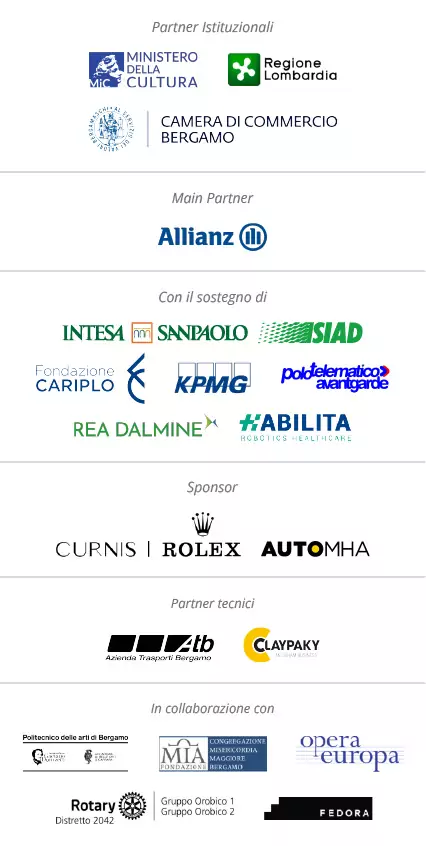
Un ringraziamento speciale a tutti coloro che sostengono l’attività della Fondazione Teatro Donizetti tramite Art Bonus
A2A • ATB Mobilità • Sacbo • Uniacque
e agli Ambasciatori di Donizetti



